- 20 Oct 2016
Middle Eastern Film Festival 2016
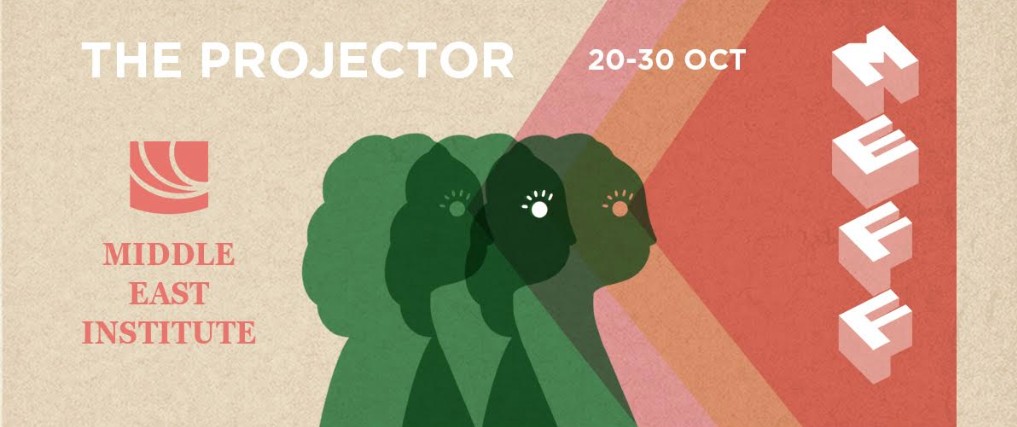
The NUS Middle East Institute is extremely pleased to invite you to Singapore’s inaugural Middle Eastern Film Festival
Co-orgainised with The Projector, this festival aims to be a celebration of the region’s diversity and strengths
About the Films:
Barakah yoqabil Barakah (Barakah meets Barakah)
Saudi Arabia 2016, 88 min
Directed by Mahmoud Sabbagh
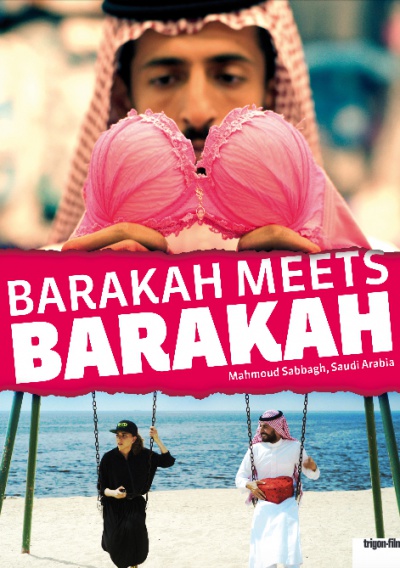
If you were to ask a group of film experts which country is currently the least appropriate setting for a hilarious, truly wacky romantic comedy, the chances are that Saudi Arabia would come out on top. But their guesses would be wrong, as Barakah yoqabil Barakah provides more than enough evidence to the contrary. He’s a municipal civil servant from Jeddah whose origins are humble to say the least, while she’s a wild beauty, the adopted daughter of a rich couple whose marriage has suffered due to their lack of biological children. He’s also an amateur actor in a theatre company rehearsing a production of “Hamlet”, while she functions as a crowd-puller for her stylish adoptive mother’s boutique and runs her own boisterous, widely-seen vlog. Fate brings them together – in an environment hostile to dating of any kind. But the two of them show breath-taking ingenuity to circumvent the system of tradition, etiquette and religious police – with the crucial help of a quirky midwife and a pink push up bra. Barakah yoqabil Barakah is a film for anyone who’s always wanted to know just what else is going on in Saudi Arabia.
Eshtebak (Clash)
Egypt 2016, 98 min
Directed by Mohamed Diab
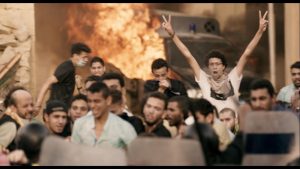
Cairo, summer of 2013 – two years after the Egyptian revolution. In the wake of the ouster of Islamist president Morsi, a police truck full of detained demonstrators of divergent political and religious backgrounds roams through violent protests. Can the detainees overcome their differences to stand a chance of survival?
Khanéh Pedari (The Paternal House)
Iran, 2012, 97 min
Directed by Kianoush Ayyari
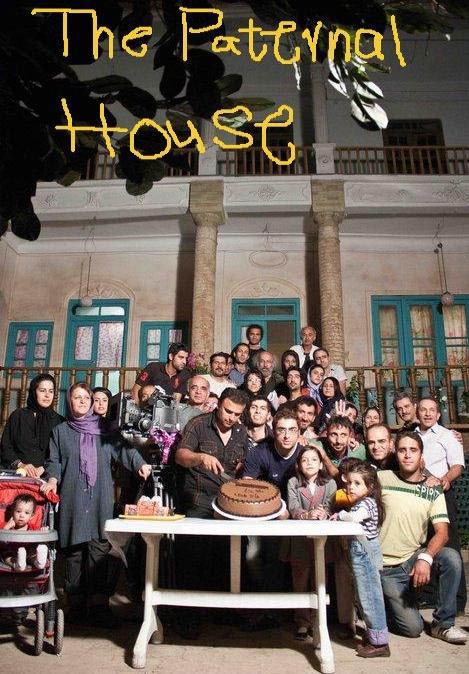
Beginning in 1929 and ending in the present day, Kianoush Ayyari’s powerful drama is about so-called honor killing, a taboo subject in modern Iran. The action, which is confined to the closed-off world of a family house and its grounds, with outside reality only impinging in the form of sounds and rumours, starts with a father murdering his daughter in an act of honor killing. With the complicity of his wife and son, he buries her corpse in the cellar. Family life continues, haunted by the shared knowledge of the murder across several generations. This conspiracy of silence and the film’s exploration of the nature of complicity make for a powerful commentary on life in Iran, but Ayyari constructs his fable in such a fashion that ultimately it transcends nationality, culture, and religion and comes to depict the structure and inner workings of totalitarianism itself.
A’Lamun Laysa Lana (A World Not Ours)
Lebanon, 2012, 90 min
Directed by Mahdi Fleifel
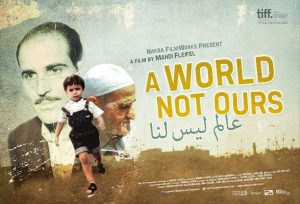
For most of us, our identity is taken for granted – who we are, where we come from, and what we are is rarely questioned. Not for the Palestinians, who are constantly required to show proof of identity, while their existence as native inhabitants of a land which no longer exists is perpetually denied or challenged. A World Not Ours is an intimate, and often humorous, portrait of three generations of exile in the refugee camp of Ein el-Helweh, in southern Lebanon. Based on a wealth of personal recordings, family archives, and historical footage, the film is a sensitive and illuminating study of belonging, friendship, and family. Filmed over more than 20 years by multiple generations of the same family, A World Not Ours is more than just a family portrait; it is an attempt to record what is being forgotten, and mark what should not be erased from collective memory.




